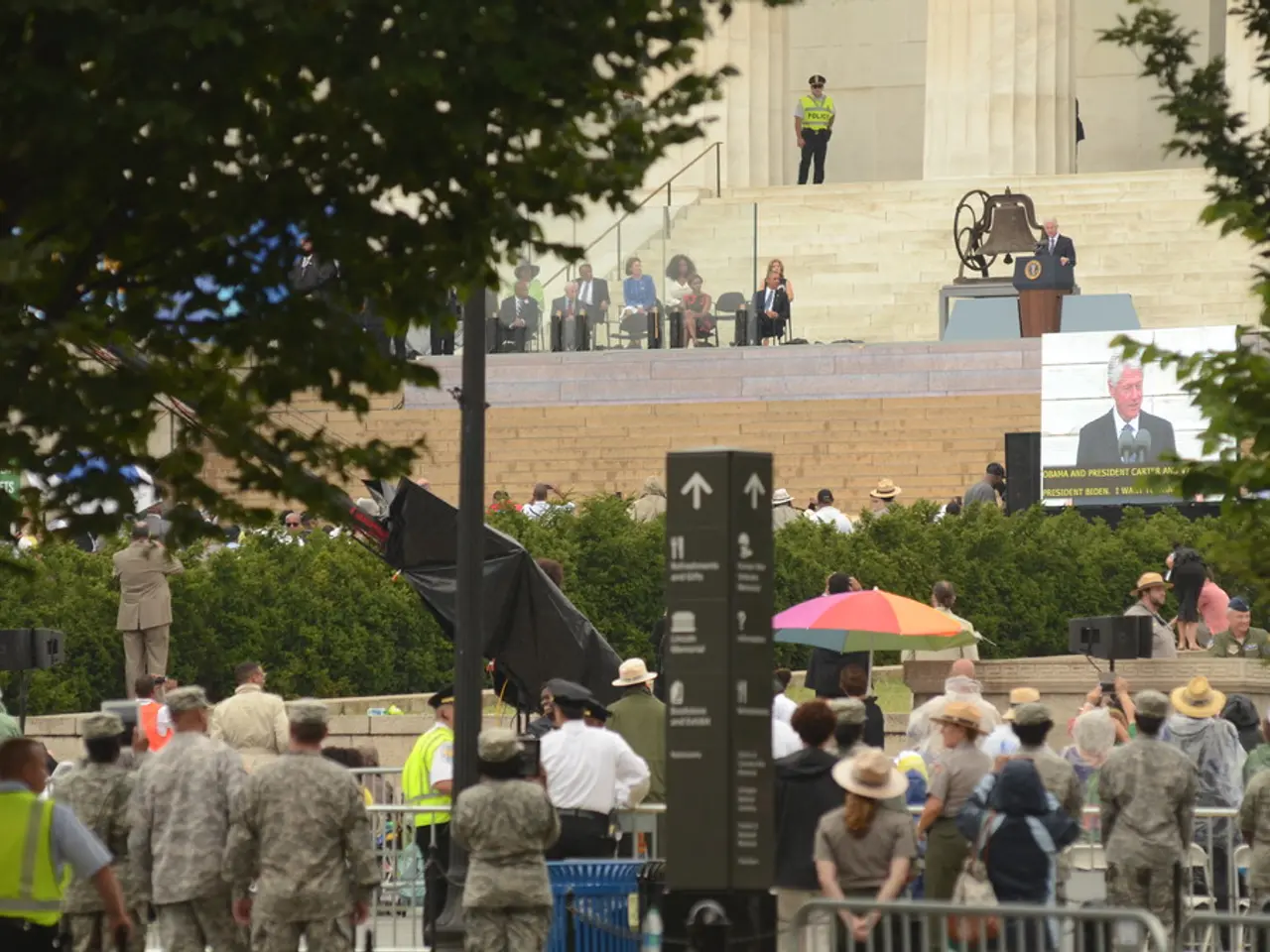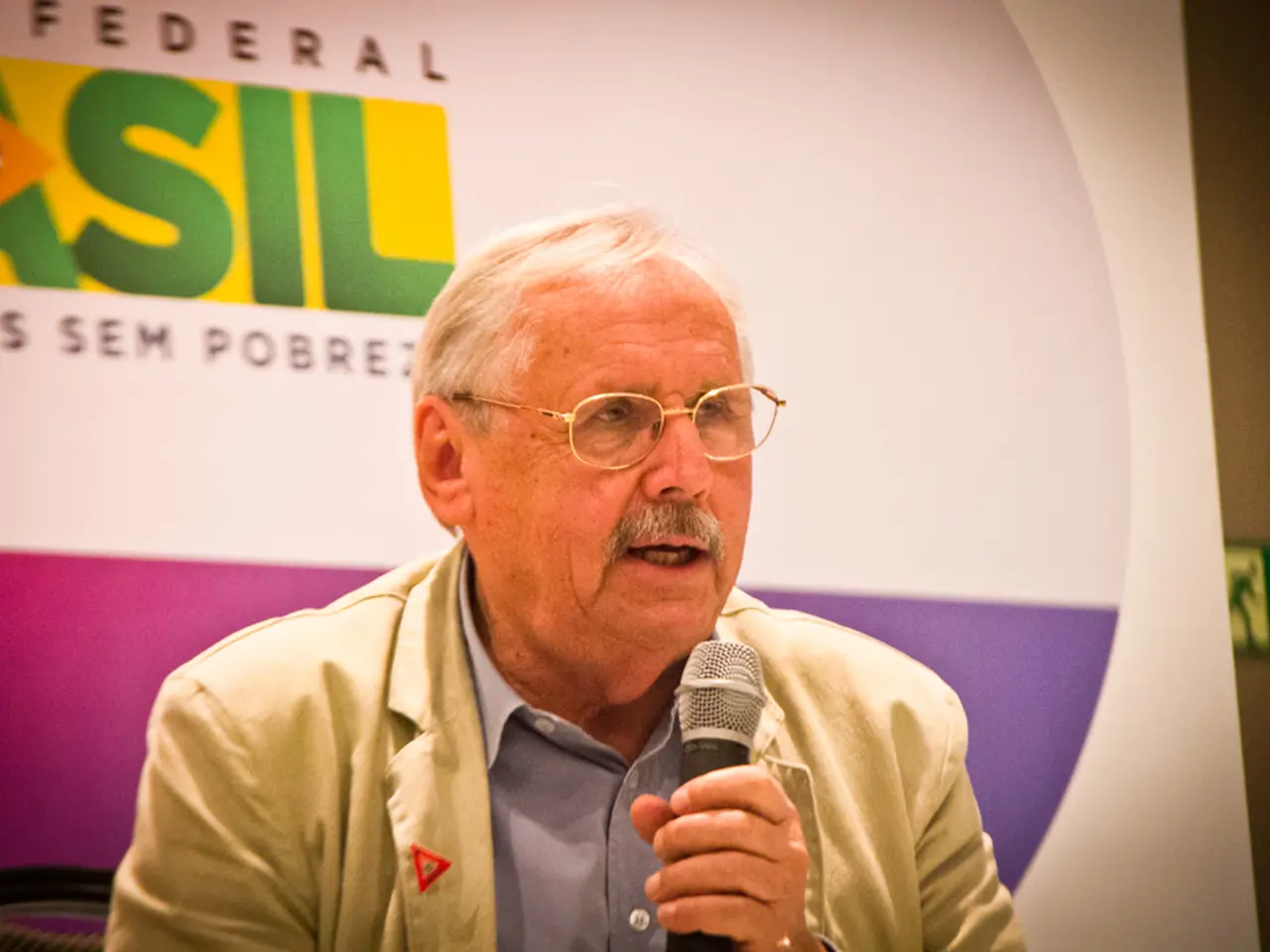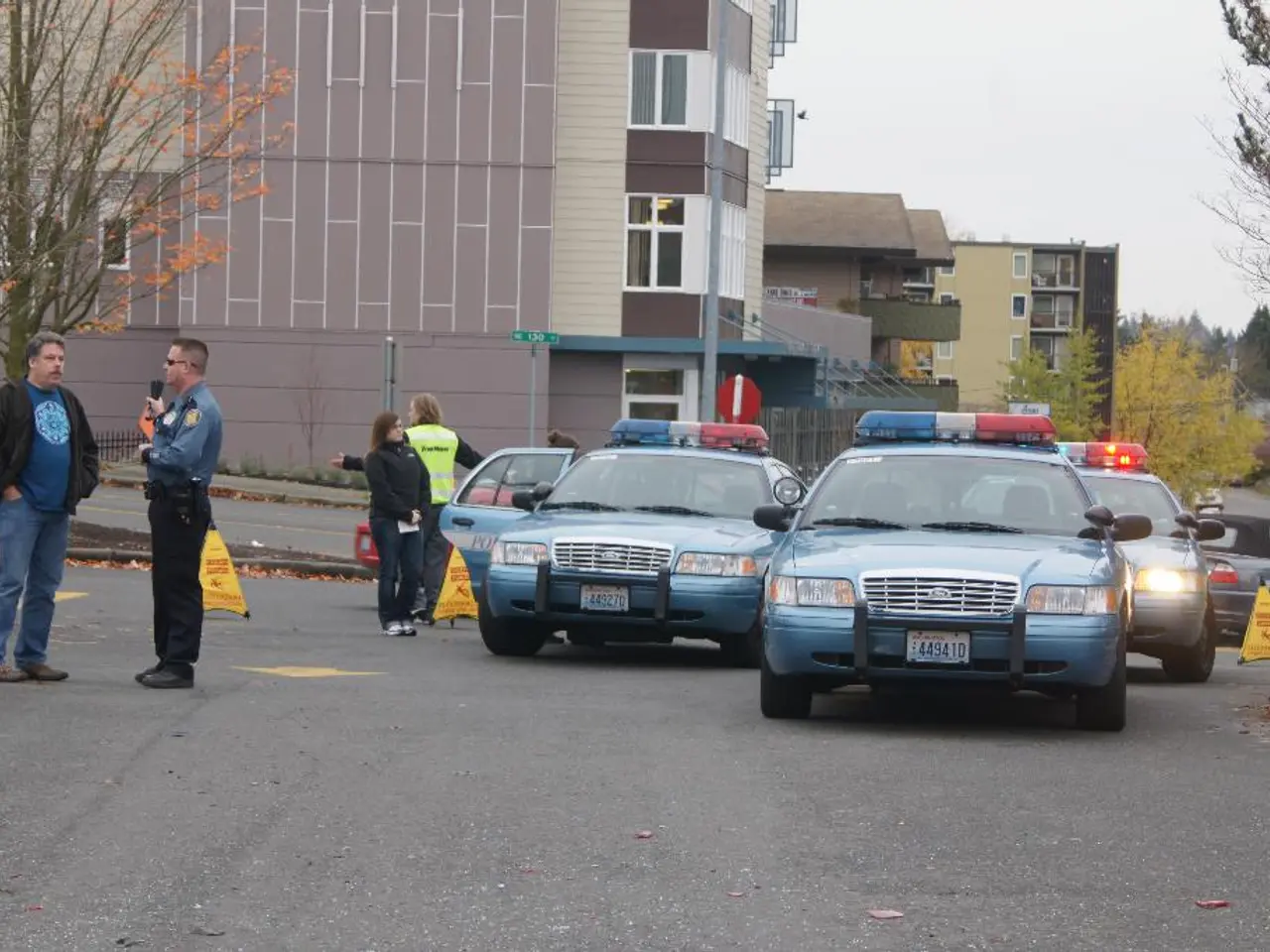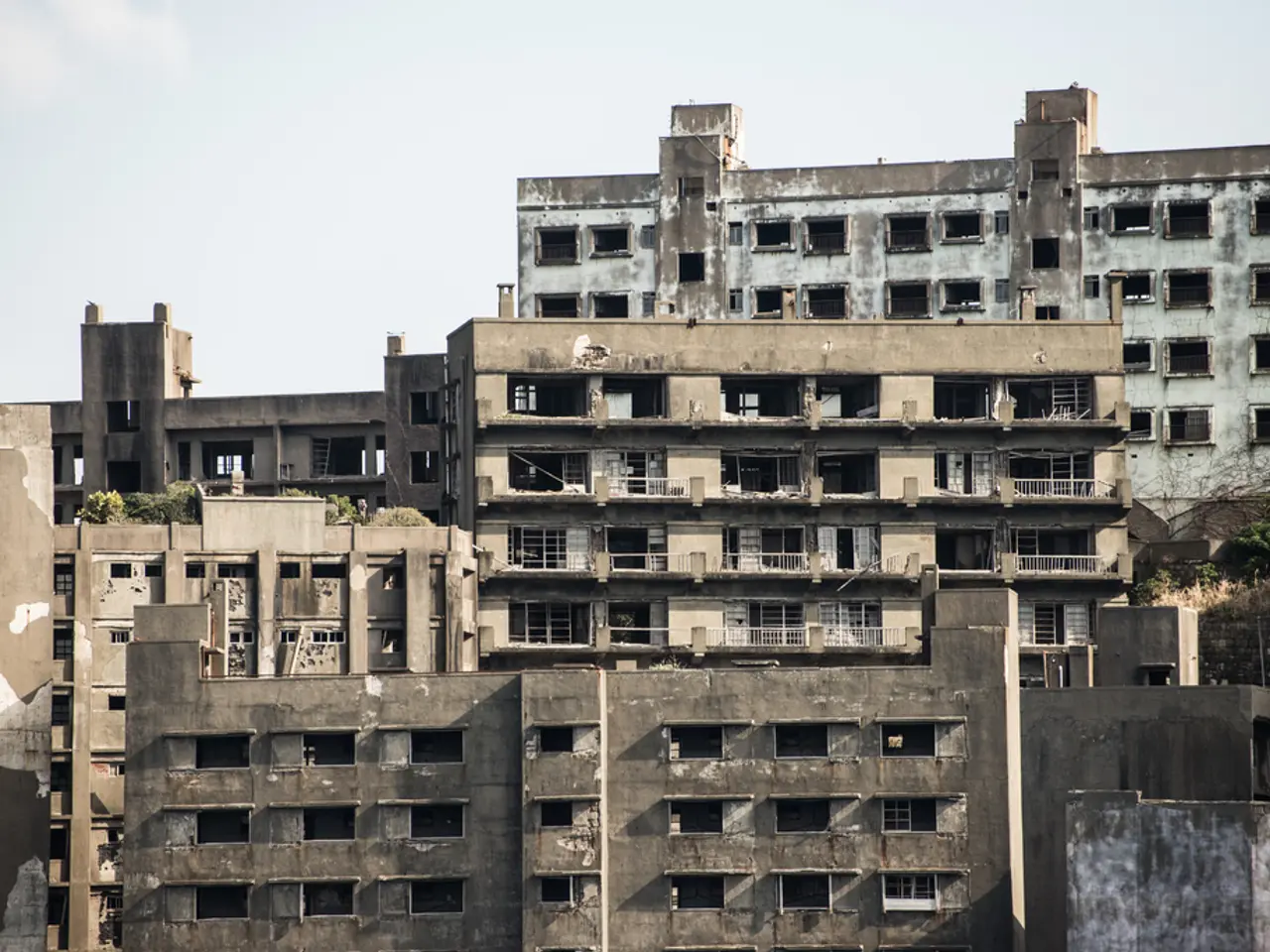Egypt and Iran's Foreign Ministers debate nuclear matters with the International Atomic Energy Agency.
In a series of phone conversations on June 30, 2025, Egyptian Foreign Minister Badr Abdelatty emphasised the importance of quickly restarting negotiations on the Iranian nuclear issue. Abdelatty held discussions with Iranian Foreign Minister Seyed Abbas Araghchi and IAEA Director-General Rafael Grossi, expressing his view that dialogue is the best way to build trust and reduce regional tensions.
The ceasefire between Iran and Israel, which ended 12 days of conflict on June 24, is seen as a positive step that could pave the way for the resumption of nuclear negotiations. This significant development in the Middle East is expected to allow for a political settlement of the Iranian nuclear issue through dialogue and verification mechanisms.
Egypt attaches great importance to preserving the credibility of the Treaty on the Non-Proliferation of Nuclear Weapons (NPT) as a cornerstone of global non-proliferation. Abdelatty expressed Egypt's full support for the IAEA’s role within the verification framework of the NPT, emphasising the significance of preserving its credibility. He also looks forward to continued cooperation with the IAEA in this regard.
The IAEA Director-General, Rafael Grossi, commended Egypt’s key role in promoting regional peace and stability. He highlighted Egypt’s efforts to solidify the ceasefire between Iran and Israel, which could potentially lead to the resumption of nuclear negotiations between the concerned parties.
The Group of Seven (G7) foreign ministers have also urged Iran to resume full cooperation with the IAEA as required under its safeguards obligations. They called for a comprehensive, verifiable, and durable agreement addressing Iran’s nuclear program, reinforcing the diplomatic momentum.
The Iranian nuclear issue remains a point of contention and requires diplomatic solutions for resolution. Egypt has emphasised the importance of consolidating the ceasefire between Iran and Israel and prioritising diplomatic solutions in addressing the Iranian nuclear issue. Abdelatty views resuming negotiations as the optimal path to building trust and reducing tensions.
In late June 2025, Israel launched a series of major airstrikes on Iran, targeting nuclear and military sites across the country. These airstrikes resulted in casualties and damage, highlighting the need for diplomatic solutions to resolve regional conflicts and maintain peace and stability.
In conclusion, the current status post-June 2025 conversations is characterised by a shared commitment from Egypt and Iran to resume nuclear negotiations swiftly, strong Egyptian support for the IAEA’s verification role and the NPT framework, an emphasis on diplomatic solutions and regional stability, and international backing for renewed talks and full cooperation with the IAEA. This reflects a cautiously optimistic environment aiming for a political settlement of the Iranian nuclear issue through dialogue and verification mechanisms.
The Egyptian Foreign Minister Badr Abdelatty's calls for swift resumption of nuclear negotiations between Iran and Israel align with the political news, as this significant development in the Middle East is expected to allow for a political settlement of the Iranian nuclear issue through dialogue and verification mechanisms, similar to the diplomatic solutions needed to maintain peace and stability in war-and-conflicts regions. Egypt, a key player, attaches great importance to this issue, as it emphasizes the importance of preserving the credibility of the Treaty on the Non-Proliferation of Nuclear Weapons (NPT) and the IAEA’s role within its verification framework.







